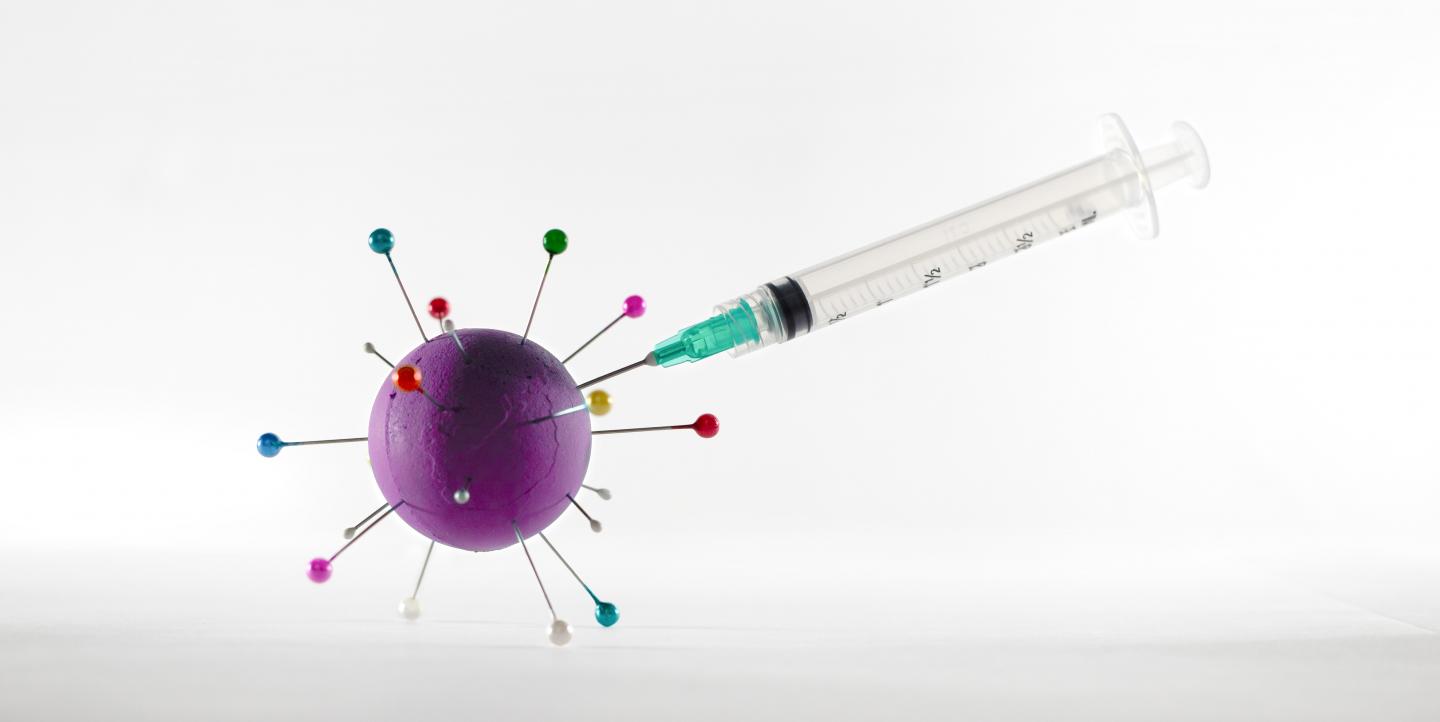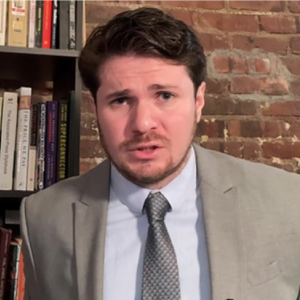The COVID-19 pandemic to date has killed more than 2.6 million people across the globe — roughly the population of Lithuania. The health crisis is arguably the biggest story of the last century, and journalists are very much a part of it.
Fortunately, scientists worldwide have developed several highly efficacious vaccines in record time, to provide protection against the virus.
The vaccine rollout is now well underway globally, and journalists are deliberating how urgently they should push to get their shots, given the risks associated with many types of reporting. As they do so, they’re considering the optics, their ethics and how it impacts coverage.
Here’s what reporters around the globe have considered:
What are the guidelines where you are?
The laws differ greatly around the world. In the U.S., only a handful of states including Colorado and Virginia classify journalists as essential. Countries like Zimbabwe have also designated journalists as essential, and even Russia has vaccinated journalists from state outlets and independent sources alike.
Many countries are struggling with their vaccine rollouts. Canada, for example, has lagged behind, as has much of Europe. These countries haven’t prioritized journalists.
The reality is that most people’s decisions and ability to be vaccinated will have little to do with their profession, and everything to do with their personal lives and health. “The type of reporting that I do, I am likely to do a lot of it over the phone,” said Shivani Persad, a freelance reporter based in the Toronto area. “I am more concerned with my parents who are in their 70s, and my aunt that I also live with, in her 70s.”
[Read more: Tips for journalists reporting on COVID-19 vaccines]
What’s your beat?
Journalism is frontline work — this became clear over the past year. Journalists were on the streets covering protests, like those against voter fraud in Belarus, and following the police killing of George Floyd in the U.S. Journalists have hounded elected world leaders who have sowed division and confusion around the science behind COVID-19, such as Brazilan President Jair Bolsonaro and former U.S. President Donald Trump.
Not all journalists cover these frontline stories, however. For example, food writer Leah Koenig, and Seth Rudetsky, a host on SiriusXM’s ON BROADWAY have been able to rely more easily on remote reporting.
The urgency around receiving a vaccine may depend on if you can do your job and cover your stories without putting yourself at risk. This is a factor for Thor Benson, a freelance journalist based in New Orleans, Louisiana. “I’ve intentionally focused on stories I can do from home,” Benson told IJNet. “I’m not vaccinated, so I’d rather not be putting myself out there like that.” Benson recently announced that he will soon get the vaccine, which will hopefully widen his storytelling opportunities.
Other journalists don’t have as much control over the stories they cover, and can’t necessarily opt to not report stories that put them in harm's way. Luna Swafan, an independent journalist in Lebanon tweeted in January: “So if I go to cover 9 stories in hospitals now, or I'm assigned to do such stories… I still wouldn't be a priority? Because journalists are only appreciated and loved when it's convenient? Walaw?”
Many journalists are able to produce the same caliber of reporting over the phone or on a Zoom call, as they would at a press gaggle or from the newsroom. That’s not the case, however, for Brittany Kriegstein, a reporter for the New York Daily News. “Working from home was never an option for me,” Kriegstein told IJNet. “Every day I’m inside multiple people’s homes interviewing them. Many times they’re not wearing masks.”
[Read more: Equity in vaccine access and distribution: Key takeaways]
She added: “When you are interviewing someone about their husband who was just shot dead around the corner, or their son was just stabbed in a street fight, it’s hard. When you are trying to get access to the family and make them comfortable and they’re crying, it's hard to ask them to put a mask on.”
Kriegstein has also spent the last year in busy press conferences covering developments in New York City. “Basically, it’s what you would do if you wanted to get COVID,” she said, noting that she was the only one of the street reporters on her team that did not contract the virus.
Kriegstein recently received the vaccine. She traveled to Long Island, where her parents live, with a letter from her editor-in-chief saying she was a public-facing essential worker. She is now advocating for her colleagues to get their inoculations, as well.
Employment type
The news industry has increasingly embraced the freelance model. As staff jobs become more and more scarce, freelance reporters are often thrown to the front lines of coverage when a big story breaks. Unfortunately, these independent contractors rarely qualify for insurance through their employer.
“Freelancers always have the least protection and institutional support, and often don’t have as much advance foresight into which assignments will come their way,” said Carly Stern, a San Francisco-based freelance reporter. “It’s important to consider their distinct needs, how they access resources, and their specific vulnerabilities on the job.”
Andy Hirschfeld is a New York City-based reporter focusing on cost of living issues. He writes for publications including Al Jazeera English, Observer, OZY, Salon, CNBC and many others. He’s also the anchor for the nationally syndicated business news program Business Brief.


